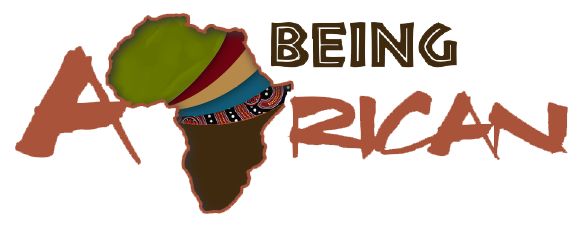Yao Frequently Asked Questions
Yao Frequently Asked Questions
Key roles explained
Who is a namangoswe?
He or she is a counselor and mediator throughout the marriage process and life. They usually work in pairs and are referred to as acinamangoswe (intermediaries).
Who can be a namangoswe?
A namangoswe is usually an uncle or an aunt (a brother or sister) to the bride’s or groom’s mother. If these are not within the vicinity, elder brothers and sisters can assume the role of acinamangoswe.
What qualities are suitable for anamangoswe?
A namangoswe should have good communication skills, good negotiation skills, be married, and be a cultural enthusiast.
What is the role of a namangoswe?
Basically, a namangoswe is a counselor and mediator who is expected to settle misunderstandings between the couple during the entire period of their marriage. On the other hand, the man’s acinamangoswe escorts him during kuonegana (the first meeting) and they also negotiate the amount to be paid to the acinamangoswe for the woman during kuusya ulombela (a formal marriage proposal). The woman’s acinamangoswe are hosts of meetings. They charge mbiya jacinamangoswe and share it among themselves as a token of their work.
Ndowa or Nikah and the process
Ndowa or nikah is a wedding ceremony. Note that nikah is a Muslim wedding, and ndowa is a local term for the Muslim wedding. For a couple to wed through ndowa or nikah, the following will happen:
Step 1: Kuonegana
The man and his acinamangoswe will visit the woman’s home, where they will meet acinamangoswe for her. Later, the woman is called to confirm if the man is her groom-to-be.
Step 2: Kuusya ulombela
The acinamangoswe from both sides meet, especially at the woman’s homestead. Formally, the man’s acinamangoswe offers a marriage proposal. The other party charges an amount that is mandatory. The amount is not based on any factor, but it makes acinamangoswe for the woman to commit to their work of counseling and mediation. Note also that after this meeting, the couple will be regarded as husband and wife under customary law. As such, Step 3 is only for those who feel they have adequate resources.
Step 3: Ndowa or Nikah
This is the Muslim wedding ceremony. Prior to the day, people celebrate throughout the night. In the morning, the couple dressed in a typical Muslim fashion go to a mosque, or the sheikh is invited to come home. The bride asks the husband to pay mahr (which could be cash, a gift, or an act like reciting a verse from the Quran). This is done as a symbol of respect for her. Then the two take vows. Afterwards, they sign a marriage book, and they are asked to hold hands for a short while. After the religious ceremony at the mosque, most people prefer to hold a reception in the afternoon.
What is the bride price in Yao called, and why is it paid?
The Yao people do not have a proper bride price. The man will only pay mbiya jacinamangoswe to the woman’s intermediaries and mahr to his wife.
